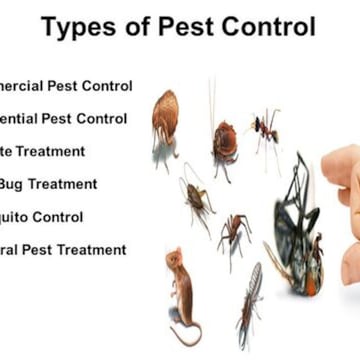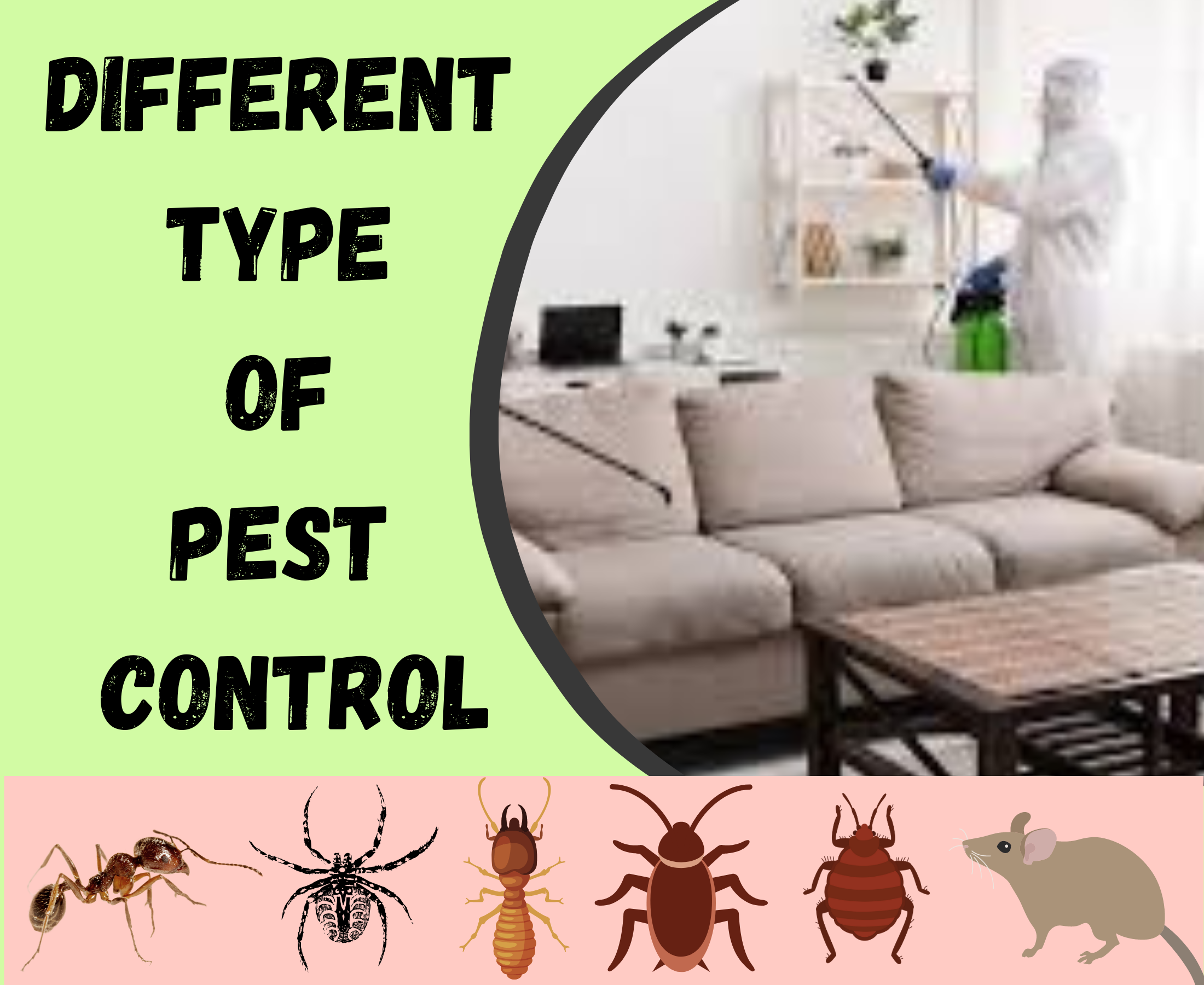Not known Incorrect Statements About Pest Control
Table of ContentsSome Known Incorrect Statements About Pest Control 3 Simple Techniques For Pest ControlUnknown Facts About Pest ControlWhat Does Pest Control Mean?Some Ideas on Pest Control You Need To Know
Limitations of Chemical Monitoring Be able to evaluate bug troubles, determine if management is essential, and make appropriate referrals making use of IPM methods. Be acquainted with various approaches of parasite administration - their benefits and limitations.This phase reviews (IPM), an approach that utilizes expertise concerning bugs and their, methods, nonchemical techniques, and chemicals to take care of insect problems. Extra information regarding IPM for specific plants is included in phases that concentrate on those plants. Parasites in a yard or landscape might include bugs and termites, weeds,, mammals, and birds.
Pests and weeds, however, play a function in the. After growing a garden or developing a grass, the natural process of plant succession starts to restore and nonnative plants.
What we call "insects" become part of an all-natural system at the office. An environment has no insects. Just humans consider specific varieties insects when they occur where they are not wanted. We will be extra effective in managing unwanted species when we recognize that these organisms follow foreseeable patterns that we can make use of to our advantage.
The 15-Second Trick For Pest Control
Insects at risk to a pesticide were rapidly eliminated, leaving immune ones to breed and multiply. It became clear that pesticides alone would certainly not solve all bug issues.
An IPM strategy permits some level of parasites in the environment. Pests are much less most likely to survive a program that makes use of various methods of reducing their populations. Integrated pest management was initial recommended by entomologists due to the fact that pests were the very first team of parasites to prove difficult to handle with chemicals alone.
parasite and host accurately. and think about economic or aesthetic injury. A threshold is the factor at which action need to be taken. a therapy technique utilizing mechanical, social, biological, or chemical controls, or a mix of these methods. success of therapies. IPM has actually prolonged beyond bugs to management of all pest populations: weeds, illness organisms, and creatures.
Pest Control - Truths
Administration as opposed to eradication of parasites is the goal. An IPM strategy starts with a cautious evaluation of each parasite problem. Only then can one make a decision about the appropriate methods essential to reduce insect activities. The life check my source process of the insect, feasible damage, all-natural enemies, and results of climate, to name a few elements, are thought about before a control plan is applied - Pest Control.
Clover expanding in a grass might be considered as an undesirable weed, yet as a vegetable it is manufacturing nitrogen for the dirt and the flowers are providing nectar to honey and various other. Tolerance for some weeds may belong to an IPM plan. might be eating the leaves of a plant, however when they are identified as the larvae of Eastern tiger swallowtail butterflies, their damages might be tolerated so we can delight in the lovely butterfly.

The second most crucial tool in insect management is early treatment. Responding to problems rapidly, prior to they have time to multiply, requires a less remarkable treatment.
The Facts About Pest Control Uncovered
Several safe, practical, nonchemical techniques of plant security and parasite management might minimize or get rid of the requirement to spray. Various other methods are most useful when utilized with chemicals. To go to this web-site apply monitoring methods appropriately and to decrease losses, gardeners need to understand the types of parasites that strike plants and understand pest biology.

Performing a soil examination and applying just the recommended quantity of fertilizer and lime maximizes the advantage to the plant while minimizing problems connected to excessive usage of fertilizer - visit their website Pest Control. Covering the soil with numerous inches of compost safeguards the plant in several ways: reducing dirt water loss to dissipation, reducing weed competitors, providing nutrients, and producing a suitable setting for earthworms and microbes that keep the dirt loose for roots and damage down organic material to release nutrients
If mulch touches the trunk, it can develop a method for voles, bacteria, and fungi to strike the plant. Do not utilize manure or garden compost that has actually not thoroughly decomposed as a top dressing since it can encourage undesirable parasites. Study suggests that tilling the dirt is harmful to dirt framework.
Unknown Facts About Pest Control
If tilling is considered needed, think about doing it in the loss when the life cycles of numerous pests brings them near the surface. At the surface area, parasites come to be subjected to the weather in addition to birds and other natural enemies. Loss tilling can additionally destroy bugs in plant deposits. Usage disease-free and insect-free licensed seeds and plants if available.